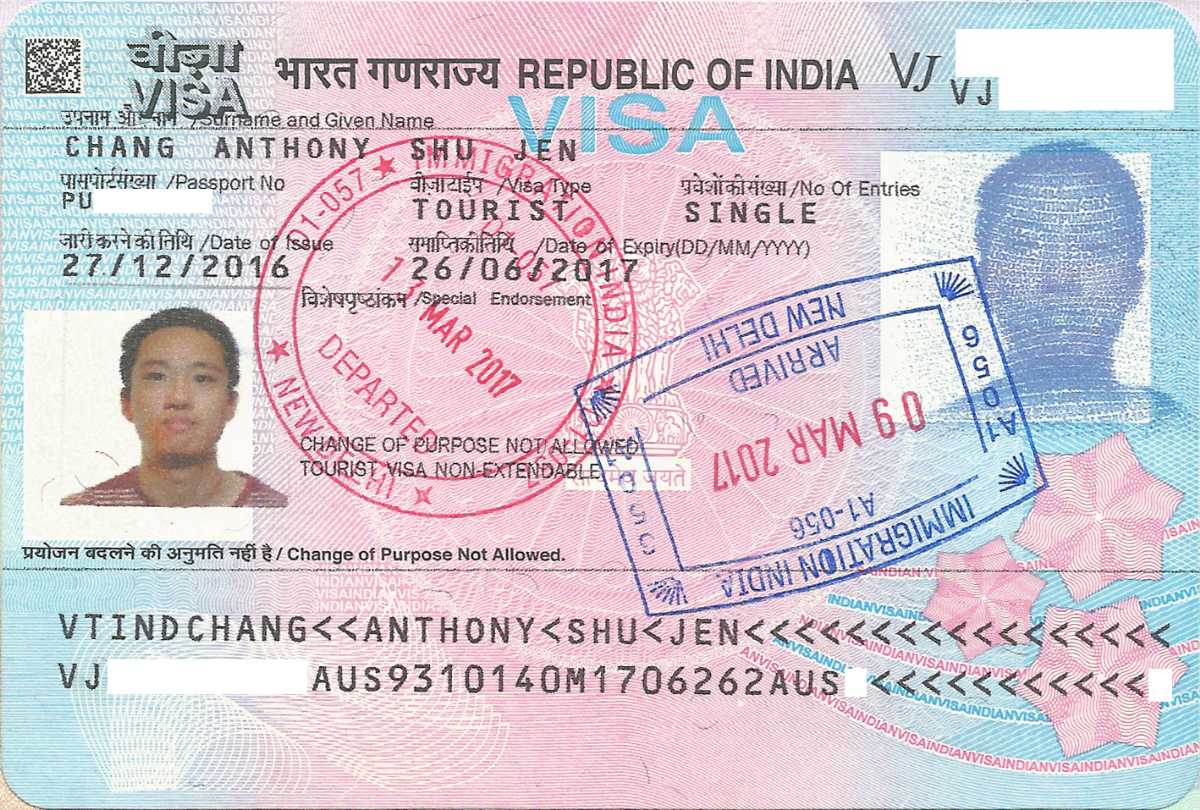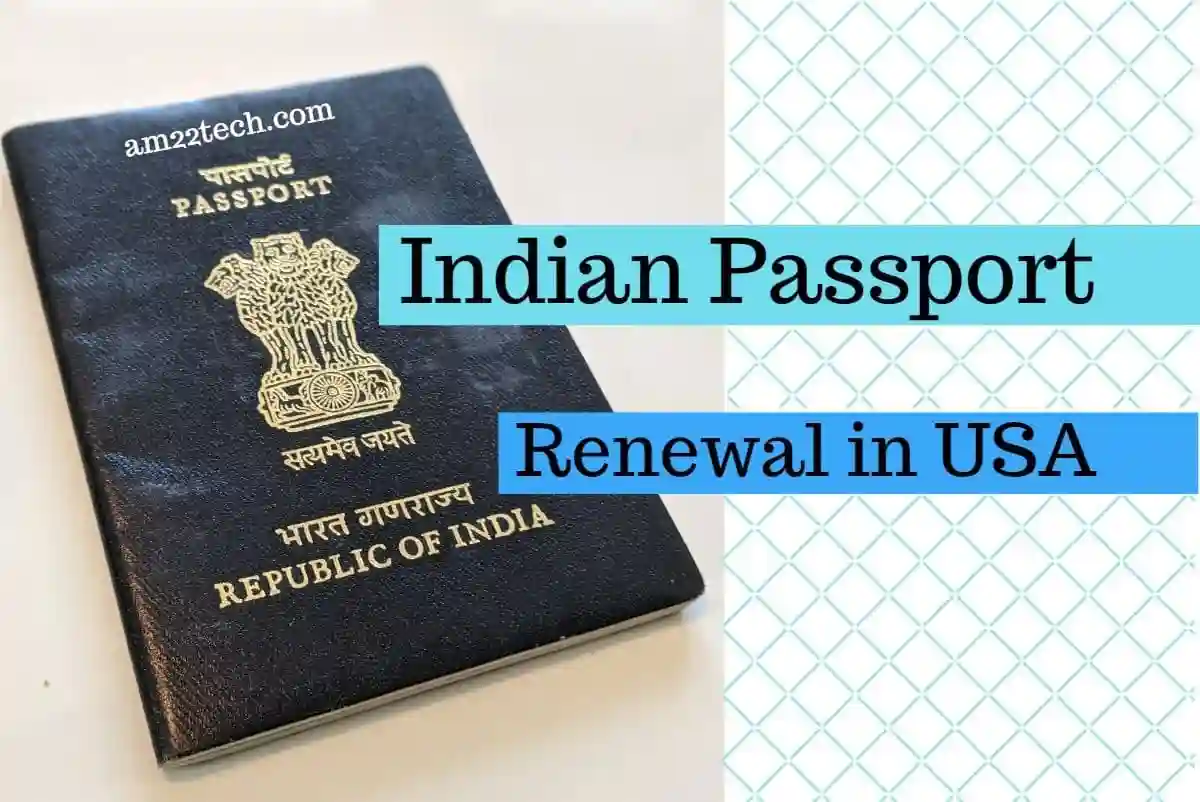Embark on an educational journey to India with the ultimate guide to Educational Qualification Indian Visa. This comprehensive resource unveils the intricacies of visa requirements, ensuring a smooth and successful visa application process.
Understanding the educational qualifications accepted for Indian visas, the assessment process, and the documentation requirements is crucial for a seamless visa experience. Dive into this guide and equip yourself with the knowledge to navigate the visa application process with confidence.
Types of Educational Qualifications for Indian Visas
Indian visas require specific educational qualifications depending on the purpose of the visit. This guide provides a comprehensive overview of the various educational qualifications accepted for different types of Indian visas, including student visas, work visas, and research visas.
The levels of education considered for Indian visas typically range from undergraduate to postgraduate degrees. Each level has its own set of requirements and eligibility criteria.
Undergraduate Qualifications
Undergraduate qualifications, such as Bachelor’s degrees, are generally accepted for student visas and certain work visas. The specific requirements vary depending on the field of study and the institution awarding the degree.
Graduate Qualifications
Graduate qualifications, including Master’s degrees and Doctorates, are typically required for work visas and research visas. These qualifications must be obtained from recognized institutions and meet the specific requirements set by the Indian government.
Other Educational Qualifications
In addition to undergraduate and graduate qualifications, certain other educational qualifications may also be considered for Indian visas. These include:
- Diplomas and certificates from recognized institutions
- Vocational training programs
- Professional certifications
Specific Qualifications for Different Visa Types
The specific educational qualifications required for different types of Indian visas are as follows:
- Student Visa:Undergraduate or graduate qualifications from recognized institutions
- Work Visa:Graduate qualifications or equivalent professional experience
- Research Visa:Doctorate or equivalent research experience
Assessment of Educational Qualifications
The assessment of educational qualifications for Indian visas is a crucial step in determining the eligibility of applicants. The process involves evaluating the authenticity and equivalence of foreign educational credentials to the Indian education system.
Role of Education Credential Evaluators (ECEs), Educational qualification indian visa
Education Credential Evaluators (ECEs) play a pivotal role in assessing educational qualifications. These organizations are recognized by the Ministry of External Affairs (MEA) of India to evaluate foreign educational documents.
- ECEs assess the authenticity of educational certificates, transcripts, and other supporting documents.
- They compare the foreign education system to the Indian system and determine the equivalence of qualifications.
- ECEs provide a certified evaluation report that serves as official proof of the applicant’s educational credentials.
Importance of Certified Evaluation Report
Obtaining a certified evaluation report from an ECE is essential for Indian visa applications. The report provides:
- Official verification:The report verifies the authenticity and equivalence of the applicant’s educational qualifications.
- Eligibility determination:It assists visa officers in assessing the applicant’s eligibility for the intended visa category.
- Smooth processing:A certified evaluation report streamlines the visa application process and reduces the chances of delays or denials.
Documentation Requirements
To support your application for an Indian visa, it is essential to provide complete and accurate documentation that verifies your educational qualifications. The required documents may vary depending on the type of visa you are applying for and the level of education you have completed.
Submitting authentic and accurate documents is crucial for the successful processing of your visa application. Any discrepancies or false information can lead to delays or even rejection of your visa.
Transcripts
Official transcripts from all educational institutions you have attended are required. Transcripts should include:
- Your name and student ID number
- The name of the institution and its address
- The dates of attendance
- A list of courses taken, grades received, and credits earned
- The degree or diploma awarded
Diplomas and Certificates
Original diplomas or certificates from all educational institutions you have attended are required. Diplomas and certificates should include:
- Your name and student ID number
- The name of the institution and its address
- The date of completion
- The degree or diploma awarded
Other Supporting Documents
In addition to transcripts and diplomas, you may also be required to provide other supporting documents, such as:
- A letter of acceptance from an Indian educational institution (if applicable)
- A financial statement showing that you have sufficient funds to cover your expenses in India
- A medical certificate
Verification of Educational Qualifications
Verifying educational qualifications is a crucial step in the Indian visa application process. It ensures the authenticity and credibility of the applicant’s academic credentials.
Educational institutions play a significant role in this verification process. They are responsible for verifying the authenticity of the applicant’s academic records and issuing official documents to support the application.
Find out further about the benefits of online phd educational psychology that can provide significant benefits.
Verification Process
The verification process typically involves the following steps:
- The applicant requests a verification letter or transcript from their educational institution.
- The institution verifies the applicant’s academic records and issues an official document.
- The applicant submits the verification letter or transcript along with their visa application.
The verification letter or transcript should include details such as the applicant’s name, academic history, and the institution’s official seal or signature.
Discover how mason county board of education has transformed methods in RELATED FIELD.
Special Considerations: Educational Qualification Indian Visa
In certain cases, special considerations may apply to educational qualifications for Indian visas. These considerations address the unique circumstances of students with disabilities and those who have studied abroad.
Learn about more about the process of companion animal rescue & education- care adoption in the field.
Students with Disabilities
Students with disabilities may be eligible for additional support and accommodations during the visa application process. The Indian government recognizes the importance of providing equal opportunities for all students, including those with disabilities.
To apply for special accommodations, students must provide documentation from a recognized medical professional that verifies their disability. This documentation should include a detailed description of the disability, any required accommodations, and a statement confirming that the student is capable of pursuing their studies.
Students who have Studied Abroad
Students who have studied abroad may need to provide additional documentation to demonstrate the validity of their educational qualifications. This documentation may include transcripts, diplomas, and course descriptions from the foreign institution.
In some cases, students may also need to have their foreign educational qualifications assessed by a recognized Indian authority, such as the Association of Indian Universities (AIU). The AIU can evaluate the foreign qualifications and issue an equivalence certificate, which can be used to support the visa application.
Concluding Remarks
The Educational Qualification Indian Visa: A Comprehensive Guide to Visa Requirements has provided a thorough understanding of the visa application process. By following the guidelines Artikeld in this guide, you can effectively demonstrate your educational qualifications and enhance your chances of visa approval.
Remember, careful preparation and attention to detail are key to a successful visa application.
FAQ Overview
What types of educational qualifications are accepted for Indian visas?
Indian visas accept a wide range of educational qualifications, including undergraduate degrees, graduate degrees, postgraduate diplomas, and professional certifications.
How are educational qualifications assessed for Indian visas?
Educational qualifications are assessed by Education Credential Evaluators (ECEs), who compare them to Indian educational standards and provide a certified evaluation report.
What documents are required to support educational qualifications for Indian visas?
Supporting documents include official transcripts, diplomas, certificates, and any other relevant educational documents.
How are educational qualifications verified for Indian visas?
Educational qualifications are verified by contacting the educational institutions directly to confirm the authenticity and validity of the documents.

